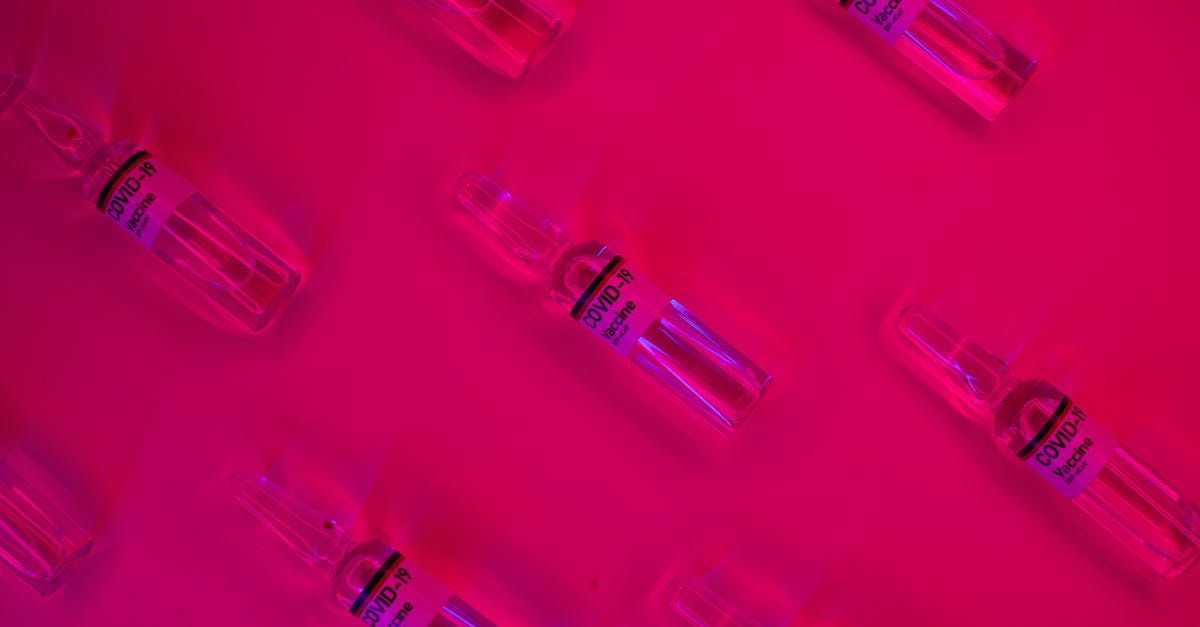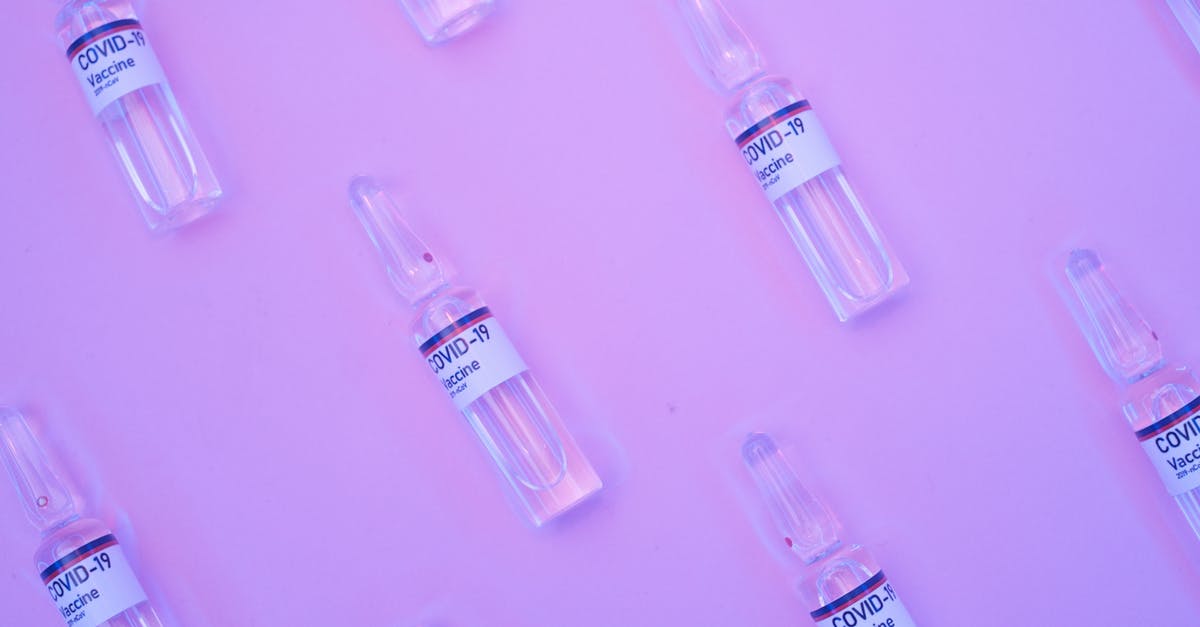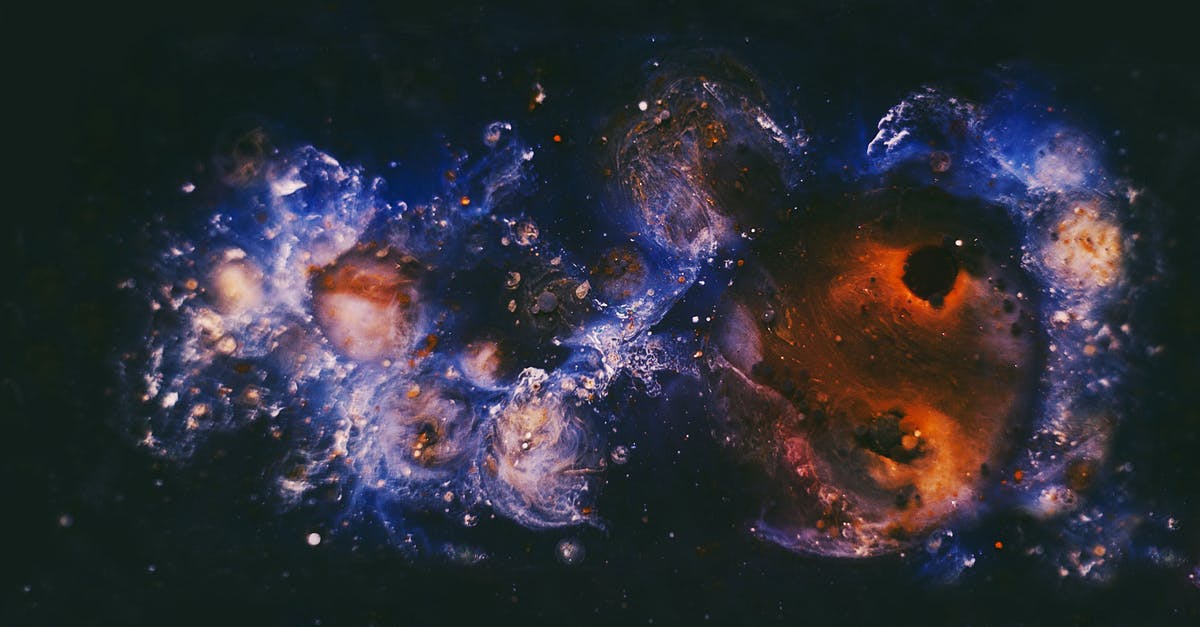Is there any way to reduce repeated science experiments?

There are many science experiments in the game that only give you part of the (remaining) value whenever you carry them out and retrieve the data. So, even if you rerun the experiment, you only get part of the remaining value again, leaving yet another fraction of the full value. Like, the first time you get 75%, the second time you get 75% of the remaining 25% for a total of 93.75%, then 98.4375% for the third, and so on.
Even if you rerun the experiments again and again, you only seem to get asymptotically close to 100%, but actually reaching it seems to be impossible (or at least require an unreasonable amount of resources and effort).
Personally, I hate ending up with so many experiments in my Science Library whose value bar is somewhere around 90+% full - that just kind of tickles my OCD tendencies the wrong way.
Therefore, I have been wondering if maybe there is some way to eventually retrieve the full science value for every experiment with a limited number of runs?
Pictures about "Is there any way to reduce repeated science experiments?"



How can Replication crisis be reduced?
Open Research is the answer The solution to the scientific reproducibility crisis is to move towards Open Research \u2013 the idea that scientific knowledge of all kinds should be openly shared as early as it is practical in the discovery process.Why are experiments repeated more than once?
Repeating an experiment more than once helps determine if the data was a fluke, or represents the normal case. It helps guard against jumping to conclusions without enough evidence. The number of repeats depends on many factors, including the spread of the data and the availability of resources.How can you improve the repeatability of an experiment?
make your lab research more reproducibleHow can you limit the problems in scientific method?
Scientific Method Limitations1st place science fair ideas- 10 ideas and tricks to WIN!
Sources: Stack Exchange - This article follows the attribution requirements of Stack Exchange and is licensed under CC BY-SA 3.0.
Images: Alena Shekhovtcova, Alena Shekhovtcova, Pixabay, Miriam Espacio
